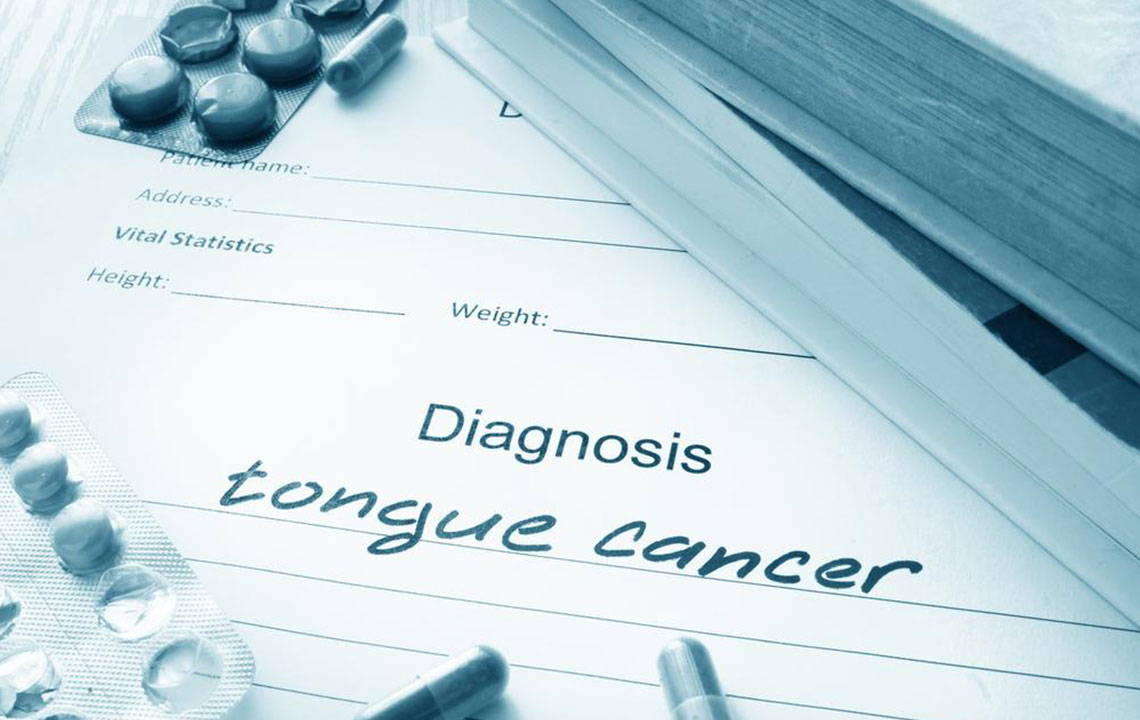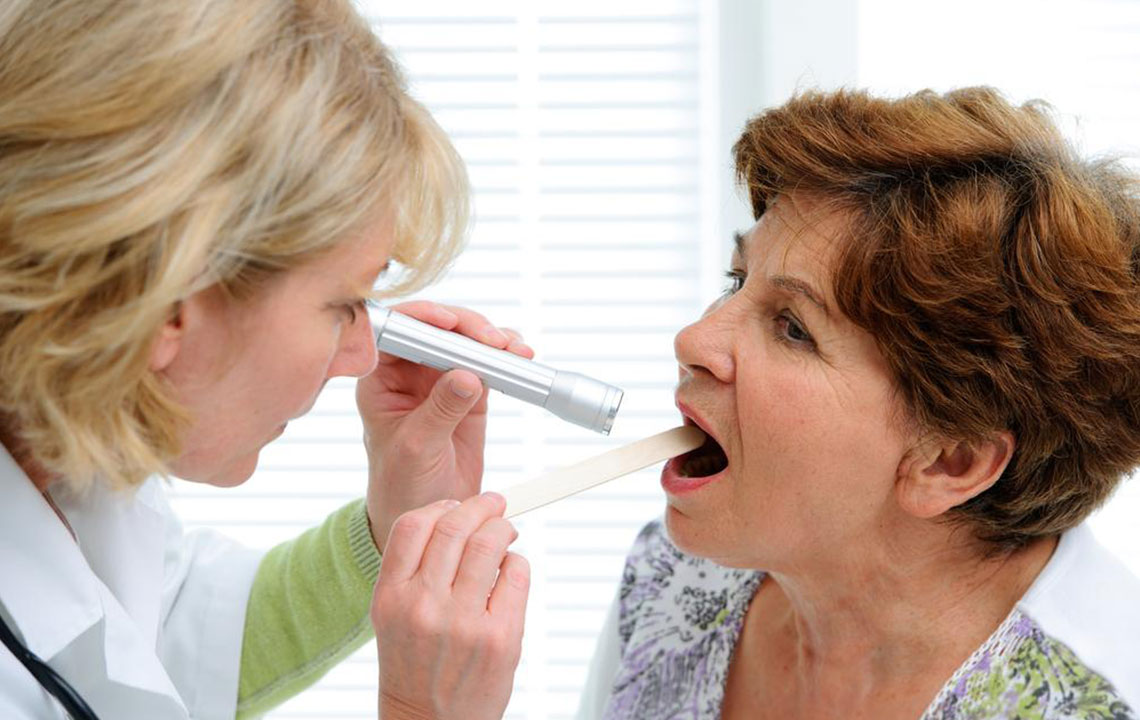Comprehensive Guide to Recognizing Early Signs and Key Indicators of Tongue Cancer
This comprehensive guide explores the early signs and key indicators of tongue cancer, emphasizing the importance of early detection for effective treatment. It covers symptoms like persistent sore throat, unusual patches, difficulty swallowing, and more, while highlighting risk factors such as tobacco and alcohol use. Regular check-ups, awareness, and prompt medical consultation can significantly improve outcomes and quality of life. The article also discusses diagnostic methods, treatment options, and preventive measures to help individuals identify and address tongue cancer early, ensuring better prognosis and survival chances.

Tongue cancer, a subset of oral cancers, begins when abnormal cell growth leads to the formation of malignant tumors on or within the tissues of the tongue. Detecting this disease early significantly improves treatment success rates and survival chances. While some symptoms may be subtle initially, awareness and prompt action can make a crucial difference. Healthcare professionals typically diagnose tongue cancer through meticulous physical examinations, and their findings are often supported by advanced imaging techniques such as Magnetic Resonance Imaging (MRI), Positron Emission Tomography (PET), or Computed Tomography (CT) scans. These diagnostic tools help determine the size, location, and spread of the tumor, guiding appropriate treatment strategies.
Understanding the early signs of tongue cancer is vital for individuals at risk or those noticing unusual changes in their oral cavity. Common early symptoms include a persistent sore throat that doesn’t resolve, which can often be mistaken for a common throat infection. Unusual patches or spots on the tongue surface, including white or red areas, may appear and should never be ignored. Difficulty swallowing or chewing can indicate underlying growths obstructing normal movement. Pain or numbness in the tongue or jaw area is another warning sign, sometimes accompanied by a sensation of tingling or loss of sensation.
Speech disturbances are common as the tumor progresses, leading to slurred speech or difficulty articulating words. Some individuals may also notice loose teeth or frequent gum bleeding, which could be related to the invasive nature of the tumor affecting supporting tissues. Persistent bad breath, unexplained ear pain, or a lump in the neck may also be associated with advanced disease, as the cancer spreads to nearby lymph nodes. Recognizing these signs early and seeking timely medical consultation is critical, especially for individuals who have a history of tobacco and alcohol use, as these are significant risk factors.
Prevention and early detection are further enhanced by regular dental check-ups, especially for high-risk populations. Dentists and healthcare providers may perform routine oral examinations to identify abnormal tissue changes before they become symptomatic. If tongue cancer is diagnosed at an early stage, treatment options are more straightforward and less invasive, often involving surgery to remove the tumor. In some cases, radiation therapy or chemotherapy may be recommended, either alone or combined with surgery, depending on the tumor's size, location, and spread.
In advanced stages, more extensive surgical procedures may be necessary, including removing parts of the tongue and reconstructive surgeries to restore functionality and appearance. These procedures can impact speech, swallowing, and facial aesthetics, emphasizing the importance of early detection. Post-treatment rehabilitation, including speech therapy and nutritional support, plays a vital role in improving quality of life for patients.
Prevention strategies also include avoiding known risk factors such as tobacco use, excessive alcohol consumption, and exposure to carcinogenic substances. Maintaining good oral hygiene and undergoing regular dental checkups can aid in early identification of suspicious lesions. Moreover, awareness campaigns and education about the warning signs of tongue cancer empower individuals to seek medical attention promptly, ultimately saving lives through early intervention.





